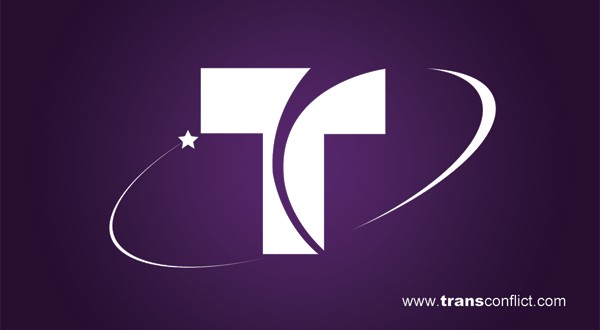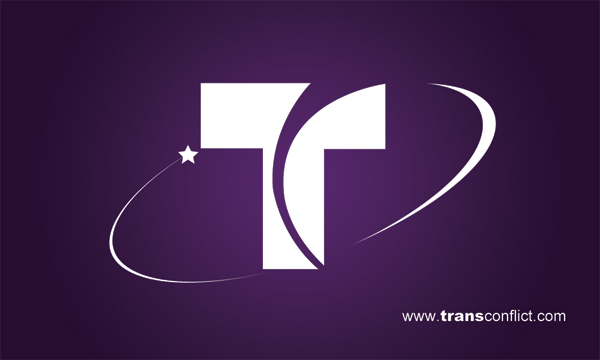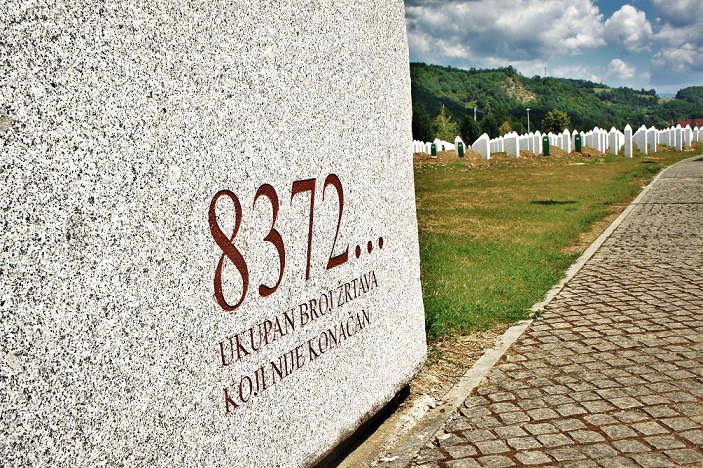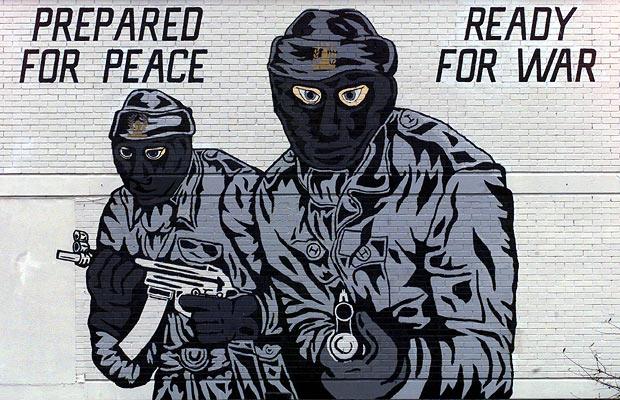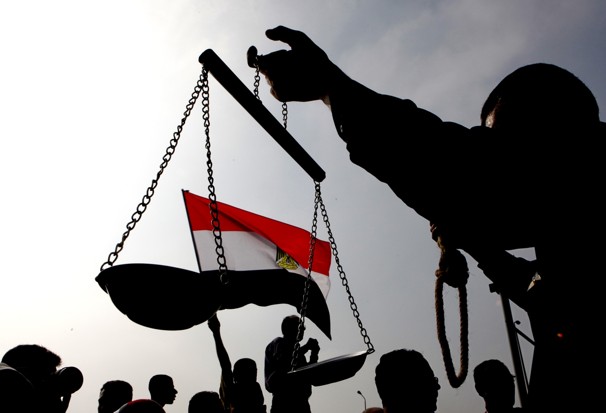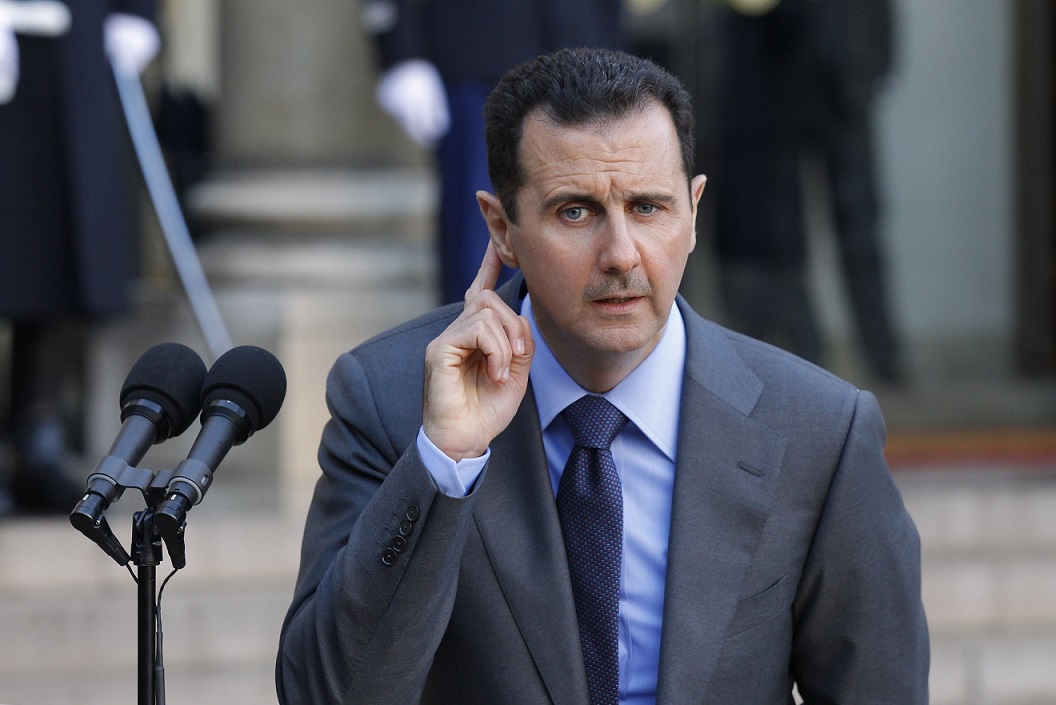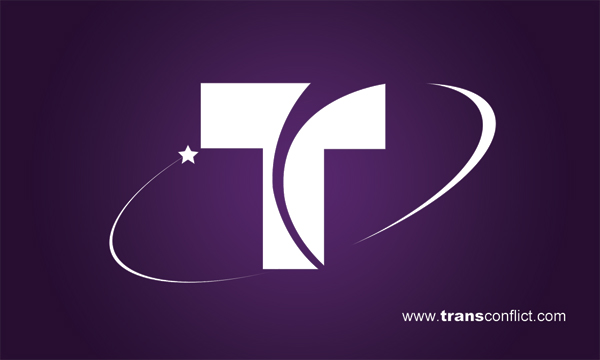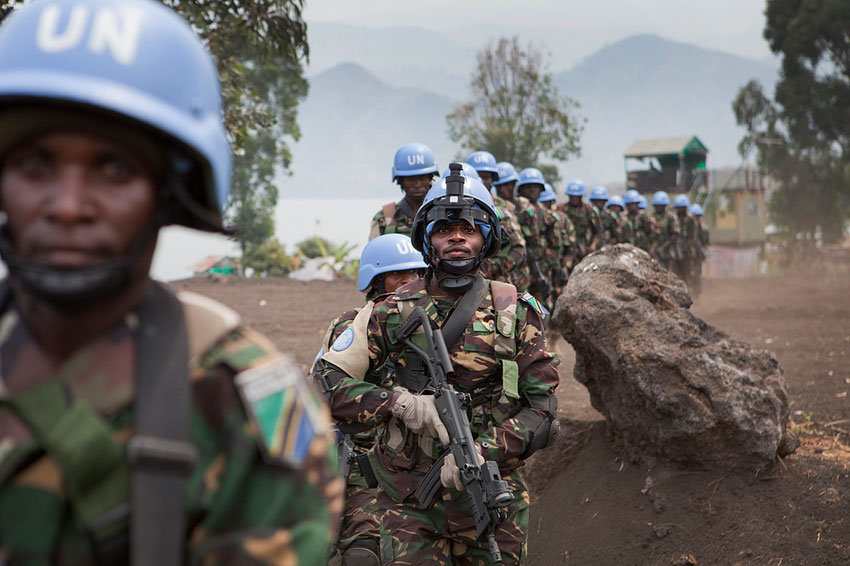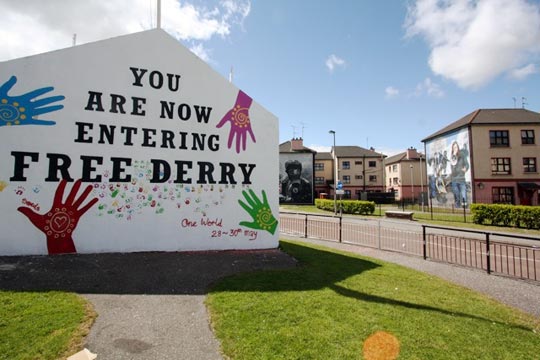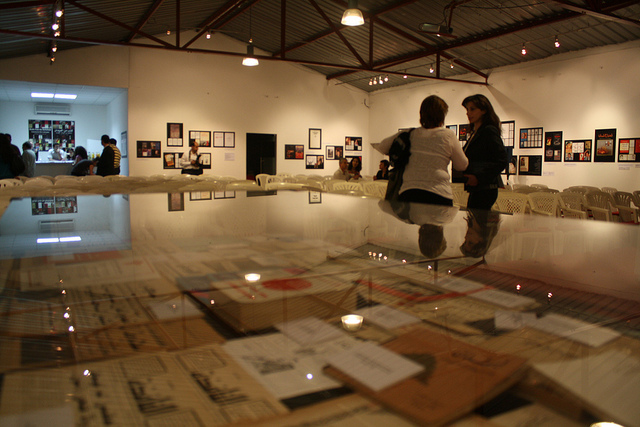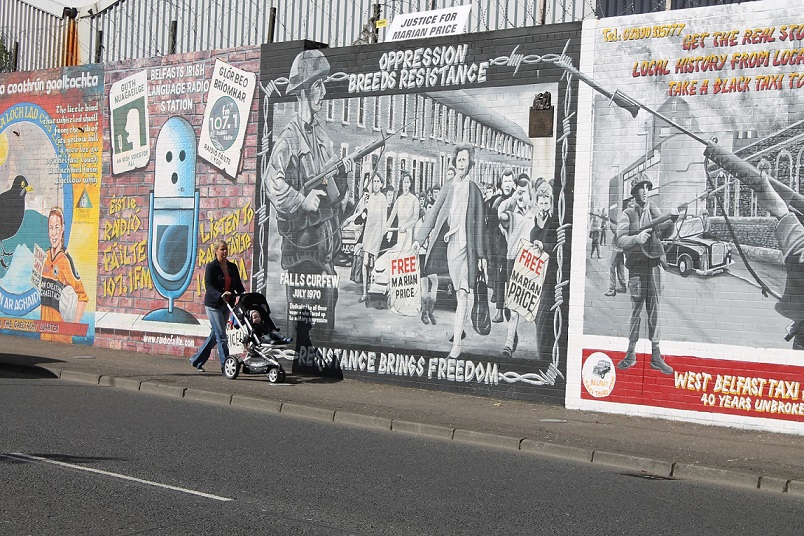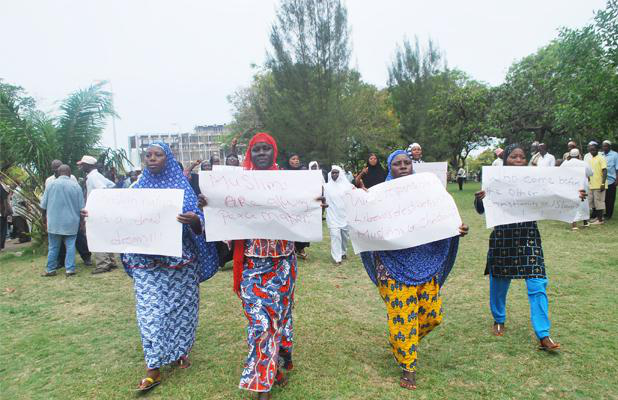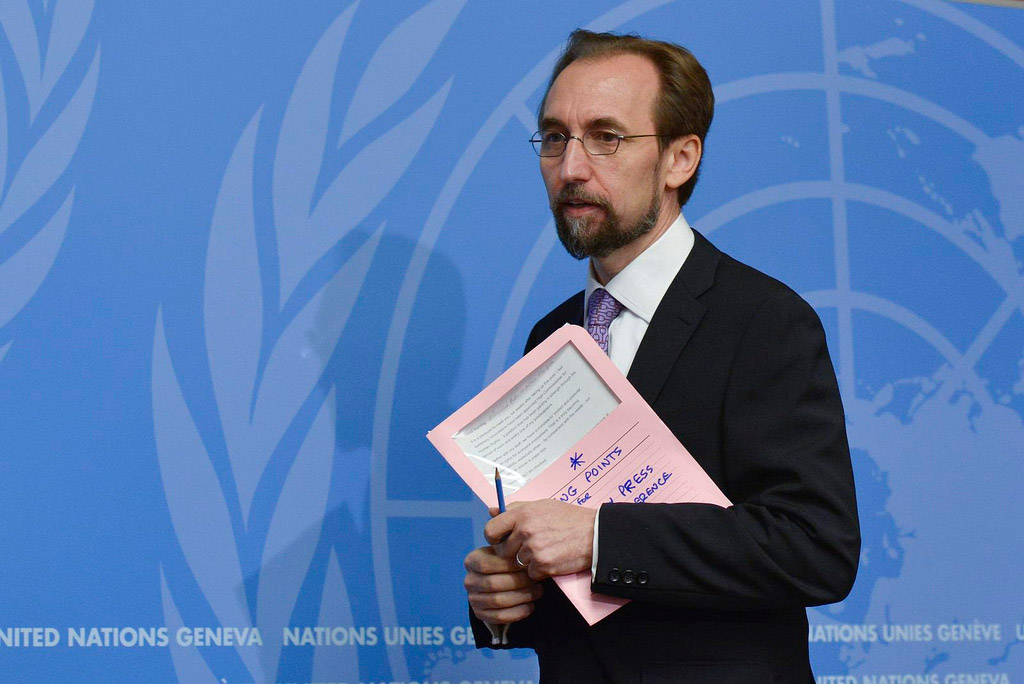September 2015 Review
TransConflict is pleased to present a selection of articles published during September, plus updates from the Global Coalition for Conflict Transformation.
| Suggested Reading | Conflict Background | GCCT |
1) The thirteenth GCCT newsletter
TransConflict is pleased to present the thirteenth Global Coalition for Conflict Transformation (GCCT) newsletter, showcasing the work of the GCCT and its members. Read on…
2) The great wandering
David B. Kanin – Mass migration continues to define Europe as a system of human fluid dynamics. Read on…
3) The Syrian catastrophe and the world’s deafening silence
Dr. Alon Ben-Meir – The bloodletting and massive destruction that has swept the nation is not a mere tragic event; the magnitude of the destruction and loss of lives is catastrophic by any measure unseen since the horror of World War II. The world is largely watching with apathy, and those with unique interests in the conflict play politics with the lives of hundreds of thousands of Syrians who died in vain as there is no salvation in death while unspeakable anguish and pain still awaits the living. Read on…
4) Not a perfect deal, but still worth approving
Steven E. Meyer – The changing geo-strategic reality alone seems to argue in favor of approving the treaty. Despite the imperfections, it is technically sophisticated and perhaps the most intrusive nuclear treaty in history. Iran will be a major regional force—and mischief maker – with or without the agreement. But, an agreement will establish ties between Iran and the West (mostly the U.S.) that were not in place before and could be exploited for further ties. Read on…
5) Transnistria, Northern Cyprus and Donbass – lessons learnt and not to be repeated
Anastasiya Marchuk – The lessons and knowledge accumulated from Transnistria and Northern Cyprus should be a valuable asset when tackling another emerging frozen conflict in Europe – the Ukrainian Donbass. Read on…
6) Changing the definition of our victims – who for and why?
Paul Gallagher – Demands to change the definition of victimhood derive from the historical narrative and political dimensions of victimhood. To recognise paramilitaries as victims would be seen as legitimising their campaigns, whilst removing victimhood status from certain people would demonise and delegitimise them. Read on…
7) Entering a fracture zone
Bridget Storrie – The refugees in the park in Belgrade seem to be part of a fracture zone that is becoming increasingly easy to trace; across Greece, Macedonia and Serbia and on through Europe, to the camps at Calais and beyond. And while this fracture zone is long it is also deep, underpinned as it is by a shadowy network of exploitation and corruption at one level, and political maneuvering on another. Read on…
8) Israelis and Palestinians cannot make peace on their own
Dr. Alon Ben-Meir – The enduring impasse between Israel and the Palestinians in the peace negotiations and their changing internal political dynamics has made it impossible for them to resolve the conflict on their own. Leaving them to their own devices is no longer a viable option as the continuation of the conflict is hazardous and potentially explosive. Read on…
9) Before and beyond the Syrian calamity
Dr. Alon Ben-Meir – No solution to the Syrian calamity can be found without first establishing the historical perspective and the root causes that gave rise to this catastrophe. Sadly, the countries which must now cooperate – mainly the US, Russia, and Iran – are largely the culprits behind this crisis, albeit for different strategic reasons. Read on…
The Global Coalition for Conflict Transformation
1) The right to peace as a condition for a democratic and equitable order
TransConflict gives its support to a joint written statement calling those States supporting the human right to peace to take action during the next session of the Council (September) in order to extend the mandate of the Working Group, with a view to complete the United Nations Declaration on the Right to Peace. Read on…
2) Understand to Prevent – the military contribution to the prevention of violent conflict
TransConflict is pleased to present a publication, entitled ‘Understand to Prevent’, which explores how, in practical terms, military forces can contribute to the prevention of violent conflict. Read on…
3) International Youth Work and the development of community relations in Northern Ireland
TransConflict is pleased to present an introduction to the relevance and benefits of International Youth Work for the continued development of Community Relations in Northern Ireland, prepared by Inside Out, a member of the Global Coalition for Conflict Transformation. Read on…
4) The new government – is the situation in Sri Lanka better?
The Sri Lanka Campaign for Peace and Justice – While there has been an opening up of the political space in the south, elsewhere surveillance, intimidation and a climate of fear remain. For many Tamils in the north and east of the island, very little has changed since January. Read on…
5) UMAM Documentation and Research – he who lies once lies again
UMAM Documentation and Research – UMAM Documentation and Research, a member of the Global Coalition for Conflict Transformation., responds to recent statements by the Syrian Ambassador to Lebanon, Ali Abdul Karim Ali, in which he asserted yet again that no Lebanese are being held in in Syrian prisons. Read on…
6) EUROCLIO Annual Conference in Belfast – Reimagining Remembrance and Dealing with the Legacy of a Violent Past
TransConflict is pleased to present information about EUROCLIO’s 2016 Annual Conference in Belfast, entitled ‘Reimagining Remembrance and Dealing with the Legacy of a Violent Past’. Read on…
7) UMAM Documentation and Research from Lebanon
TransConflict is pleased to showcase the work of UMAM Documentation and Research from Lebanon, a member of the Global Coalition for Conflict Transformation. Read on…
8) Promoting community dialogue on Liberia’s constitutional review process
Students Against Destructive Actions and Decisions (SADAD) Liberia, a member of the Global Coalition for Conflict Transformation, has begun soliciting community views on the constitutional review process of the Republic of Liberia and the possible national referendum. Read on…
9) Sri Lanka – a strong report, let’s make it count
The Sri Lanka Campaign for Peace and Justice – The UN Office of the High Commissioner for Human Rights’ long awaited report into human rights violations in Sri Lanka 2002-2011 establishes that War Crimes and Crimes Against Humanity were likely committed by both the government, the LTTE and paramilitary groups, and that there is sufficient evidence to warrant criminal investigations against specific individuals. Read on…

